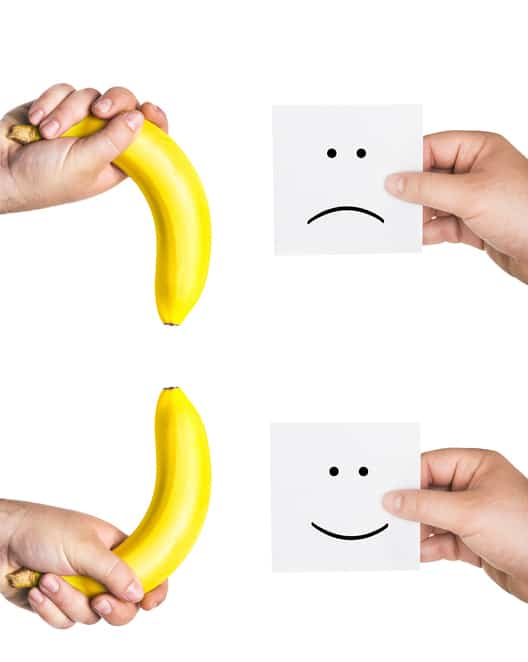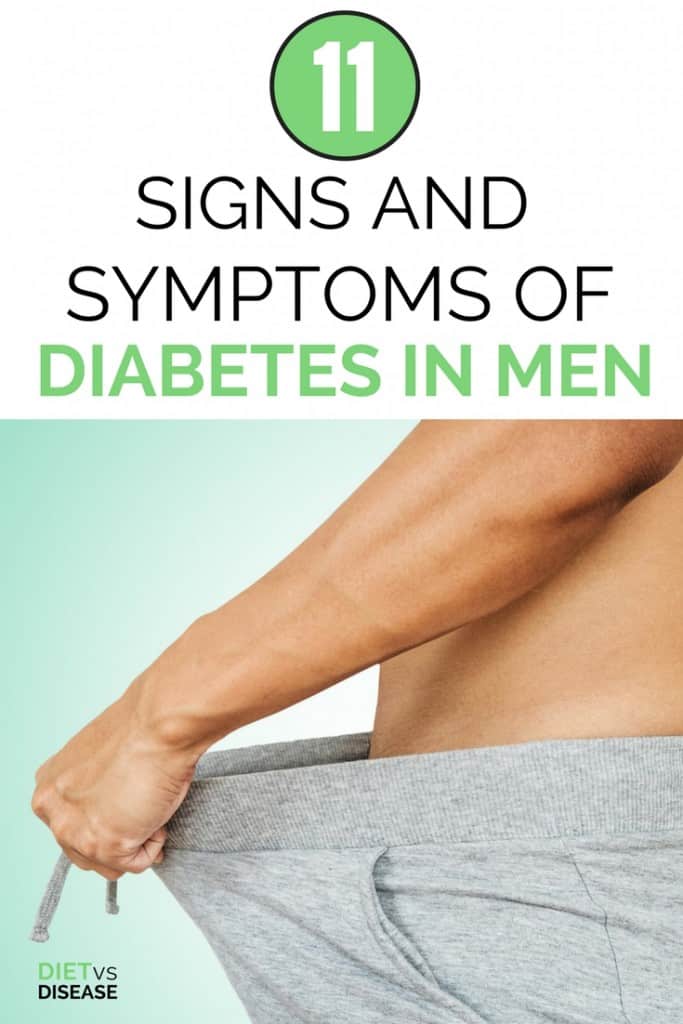Diabetes is a growing problem that currently affects 1 in 11 adults worldwide.
Type 2 diabetes makes up 90-95% of all cases. It’s typically a result of poor lifestyle and diet coupled with genetic factors.
Symptoms often develop gradually and you may not even notice them. In fact, 1 in 3 people don’t realize they have diabetes.
However, early diagnosis is essential for protecting cardiovascular health. A 3-year delay in diagnosis increases your relative risk of heart disease by 29%, while a 6-year delay increases it by 38% (1).
Men tend to ignore symptoms and delay a doctor’s visit much longer than women. So this article looks at 11 major signs and symptoms of diabetes in men.
1. Frequent Urination
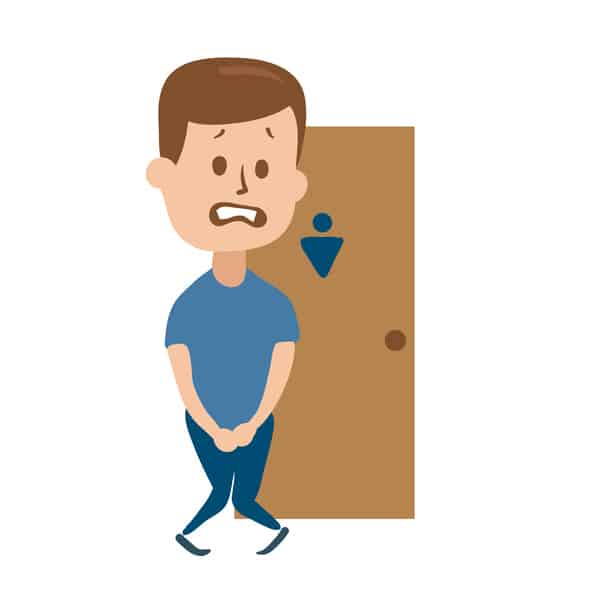
Going to the bathroom frequently to urinate (polyuria) is the most common sign of high blood sugar.
Generally, the average person goes to the bathroom four to seven times a day, and maybe once across the night.
This varies depending on water and fluid intake of course. Taking note of how much water you are drinking and how often you are urinating can be beneficial.
Waking up multiple times throughout the night to go, or needing to go 10, 20 or even 30 times a day, is a big red flag.
That said, frequent urination may simply be a habit. This is why thorough medical investigation by your doctor is important as well.
Why does this happen?: Sugar remains in the blood if it’s not absorbed, meaning the kidneys work overtime to remove excess sugar through urine.
2. Erectile Dysfunction (ED) Is A Common Symptom of Diabetes In Men
Erectile dysfunction (ED) is the inability to have or maintain an erection.
Men with diabetes are at a greater risk; in fact, 20 to 75% experience ED.
It’s also been recognized by the National Institute of Diabetes and Digestive and Kidney Diseases (NIDKK) as an early marker of diabetes in younger men, particularly those 45 years and younger.
If you experience ED, especially at a younger age, diabetes may be the cause.
Of course, it’s not always the reason. ED can be the result of many other factors, such as high blood pressure, stress and kidney disease, as well as simply performance anxiety.
Why does this happen?: Small blood vessels and nerves to the genitals act automatically (without conscious control) to increase blood flow and relax smooth muscle. If the blood vessels and nerves are damaged due to high blood sugar, it can cause erectile dysfunction.
3. Retrograde Ejaculation
This is another potential symptom of diabetes in men.
During retrograde ejaculation semen is released into the bladder.
Consequently, less semen is released during ejaculation. This may also lead to fertility problems.
Why does this happen?: Similar to erectile dysfunction, retrograde ejaculation results from nerve damage. This affects the control of semen movement in the body.
4. Bladder and Urine Issues
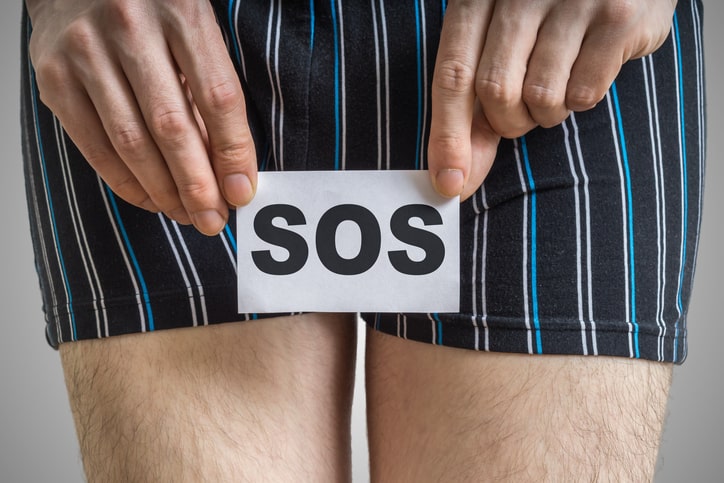
Bladder and urinary problems also arise from nerve damage.
More than half of men with diabetes experience these common issues:
- An Overactive Bladder: Nerves can squeeze the bladder, leading to frequent urination, a sudden and strong need to urinate, or incontinence (leakage).
- Inability to Control Urine: Diabetes can affect the muscle control to hold urine in the bladder. Consequently, the bladder muscles may become either loose, allowing leakage, or so tight they have trouble releasing urine.
Why does this happen?: Nerves controlling bladder function and control can be damaged by poor blood sugar control. This may result in a frequent or sudden need to urinate, or incontinence.
5. Feeling Fatigued and Lethargic

Unusual fatigue and lethargy during everyday activities can be a sign of undiagnosed diabetes.
Other contributing factors at play include poor sleep, overworked kidneys and regular sugar crashes.
You may feel lazy and tired constantly, and become frustrated at your lack of energy.
Why does this happen?: When you don’t make enough insulin, or your body resists it, energy cannot be used by the cells of the body. This can make you feel more fatigued and lethargic than usual.
6. Excessive Thirst

Because the body needs to remove excess sugar through urine, you may feel especially thirsty.
Drinking unusually large amounts of fluids, up to four liters a day, is a common symptom linked with excessive urination.
Frequent urination leads to dehydration, which is why you feel the need to drink more fluids. This can lead to a vicious cycle: the more you drink, the more you urinate.
Why does this happen?: With increased urination and fluid loss from excess sugar, the body’s response is to increase thirst.
7. Severe Hunger
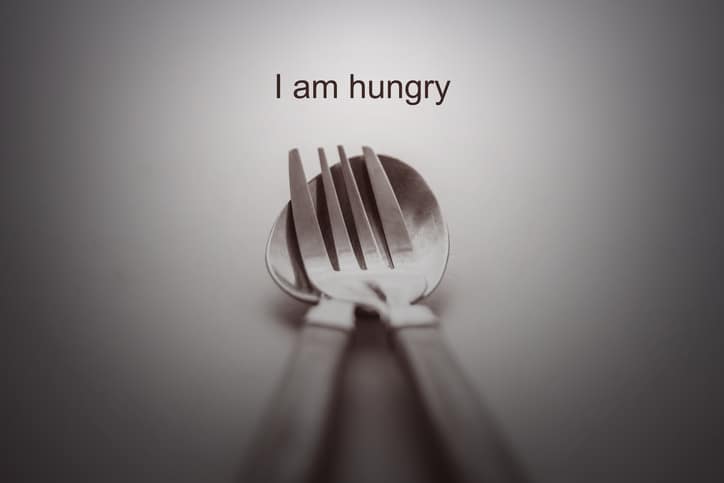
You may feel an insatiable hunger, even after a main meal, for both healthy and indulgent foods.
This is because energy (glucose) is not entering the cells, so your brain is tricked into thinking that your body is not getting enough food.
It constantly tells your body to eat, producing a severe hunger that cannot be tamed.
Why does this happen?: When energy or glucose can’t enter the cells, your brain thinks you are starved, making you feel hungry and crave calories and sugar.
8. Unintentional Weight Loss

An unintentional or unexpected weight loss of more than 5%, or 10 lbs (4.5kg), in under 6 months may be a sign of diabetes.
There are several reasons why you can lose weight rapidly with diabetes, including:
- You’re losing lots of sugar and calories through frequent urination.
- Sugar that is not absorbed remains in the blood, where it’s removed by the kidneys.
- The body’s response to starvation is to use the protein within muscles as energy. To do so, muscle is broken down, leading to significant and unfavorable weight loss.
Why does this happen?: With no sugar (energy) entering the cells, your body goes into starvation mode, breaking down muscles to provide energy. This leads to unintentional weight and muscle loss.
9. Tingling in the Hands or Feet
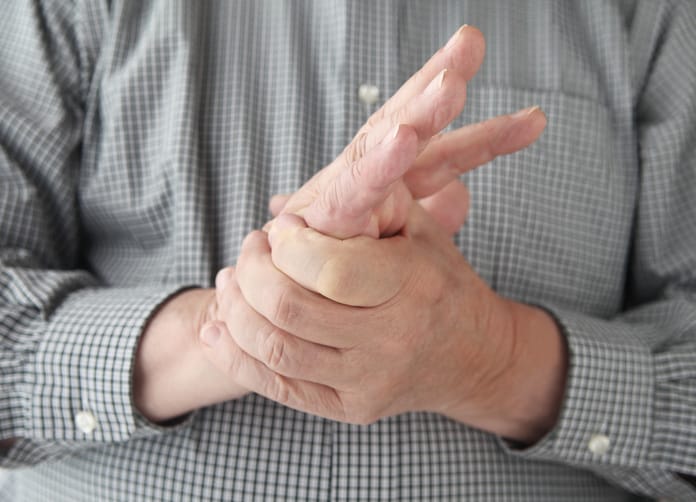
Since diabetes affects the nerves of the body (diabetic neuropathy), a tingling or numb sensation in the hands or feet can be an early sign.
This symptom is commonly worse at night, when the temperature drops. When the brain perceives coldness, tingling or numbness can result. Keeping warm at night may help.
Without early detection, this may lead to a loss of pain and sensation in the extremities. This can be dangerous, as you may not be able to feel or notice minor injuries to these parts of your body.
Why does this happen?: High levels of sugar in the blood damage small nerves of the hands and feet, producing a tingling or numb sensation. The nerves are slowest to repair in your extremities because they are further away from the heart and receive less circulation.
10. Skin Changes and Slow Wound Healing

Since high sugar in the blood can affect nerves and blood flow, your body will have a harder time healing wounds or cuts.
As mentioned above, your hands and feet are most susceptible since they already receive less blood flow.
Why does this happen?: With time, lots of sugar in the blood can affect blood flow and nerves necessary for the healing of wounds and cuts. Limited blood circulation can slow down the healing process, especially in the extremities.
11. Blurred Vision

The lens and blood vessels of the eyes can be severely affected by diabetes, leading to blurred or distorted vision.
Diabetic retinopathy is a major consequence of untreated or poorly controlled diabetes.
The excess sugar in the blood vessels of the eyes takes fluid away from cells and tissues of the eyes.
Fortunately, once blood sugar levels are controlled (within normal range), vision returns to normal.
Why does this happen?: Excess sugar pulls fluid away from the cells and tissues of the eyes, causing blurred or distorted vision. When blood sugar levels return to normal, this can be reversed.
Do These Symptoms of Diabetes In Men Sound Familiar?
Though most signs and symptoms are the same for males and females, some are unique to men.
Talking about these symptoms with your doctor is essential. They can test your HbA1c levels to determine if you have pre-diabetes or diabetes.
Fortunately, many of these symptoms of diabetes can be reversed with a suitable diet that includes diabetic-friendly foods.
An early diagnosis means you can quickly take control of your diabetes before it has profound long-term consequences on your health.

